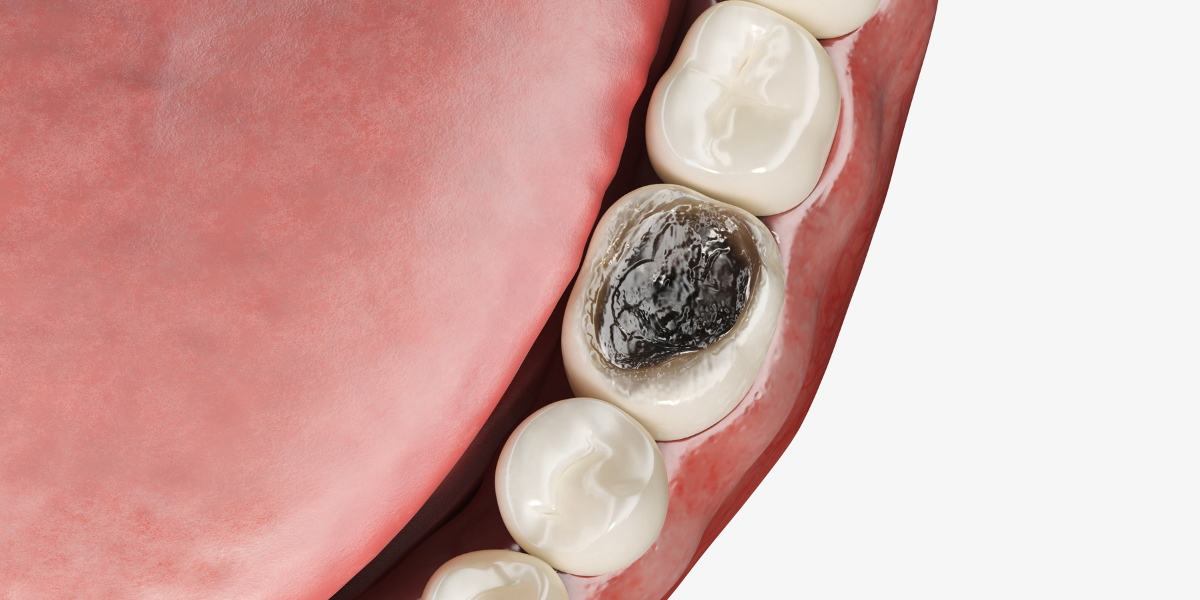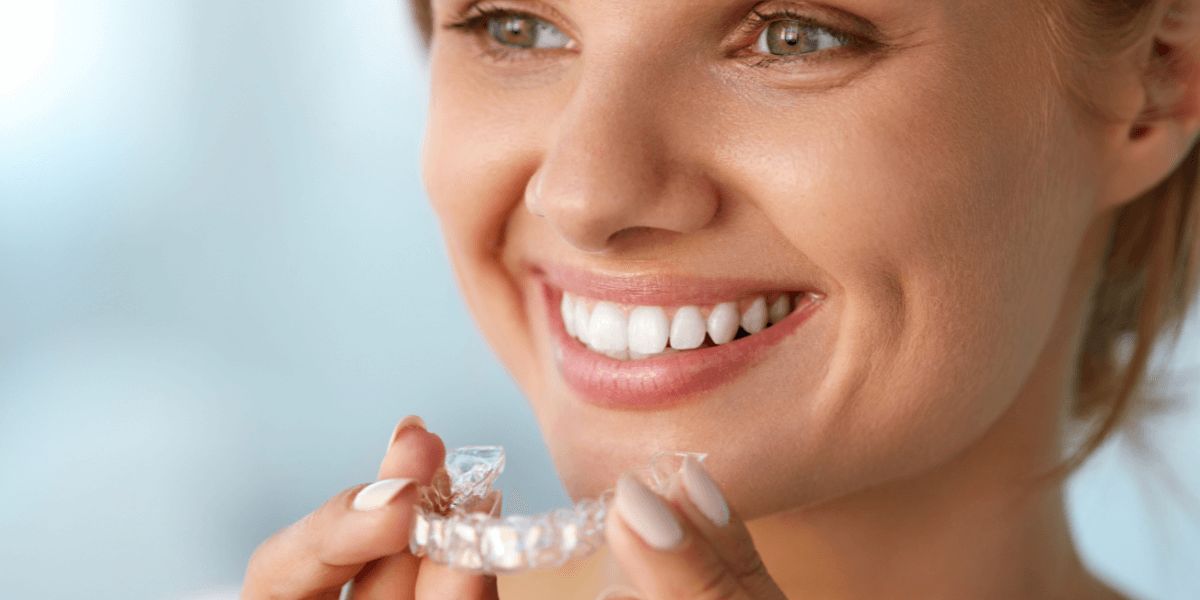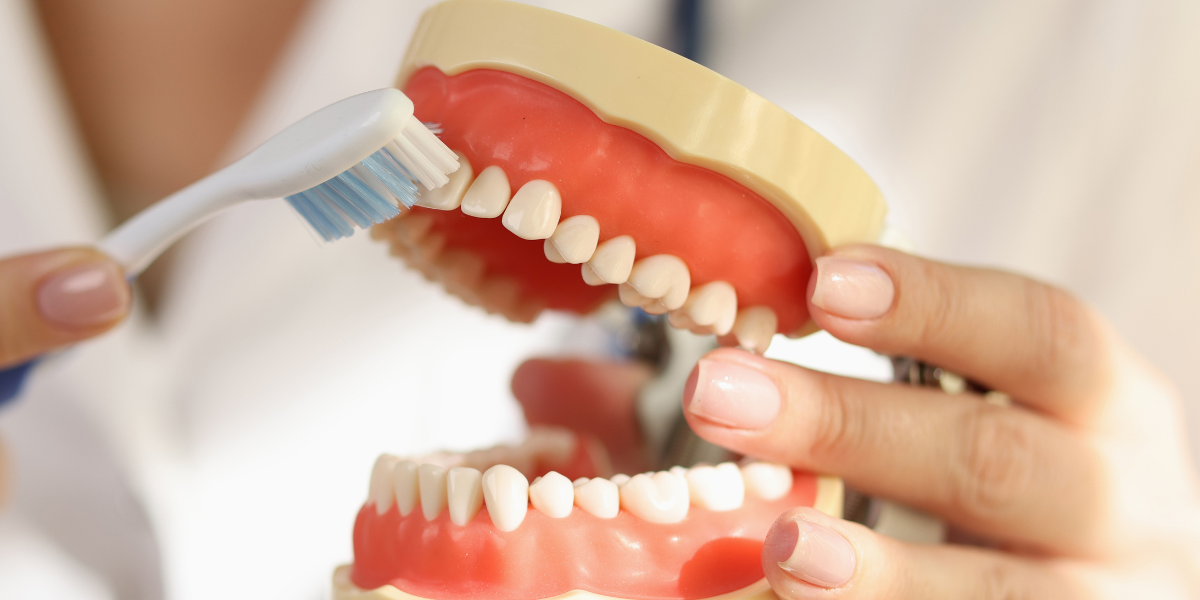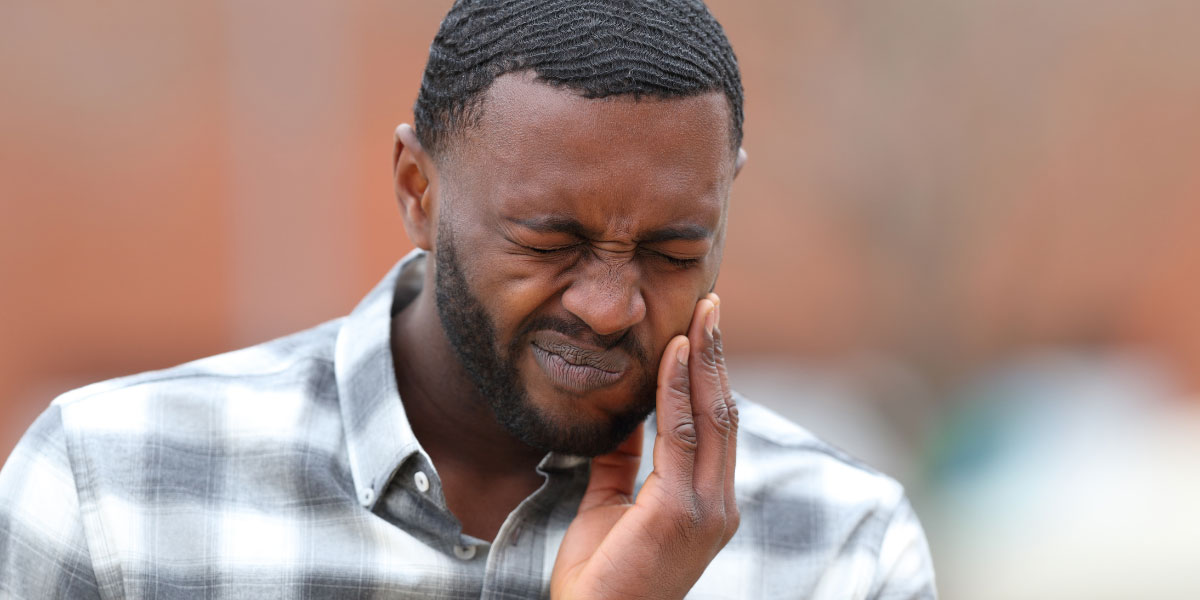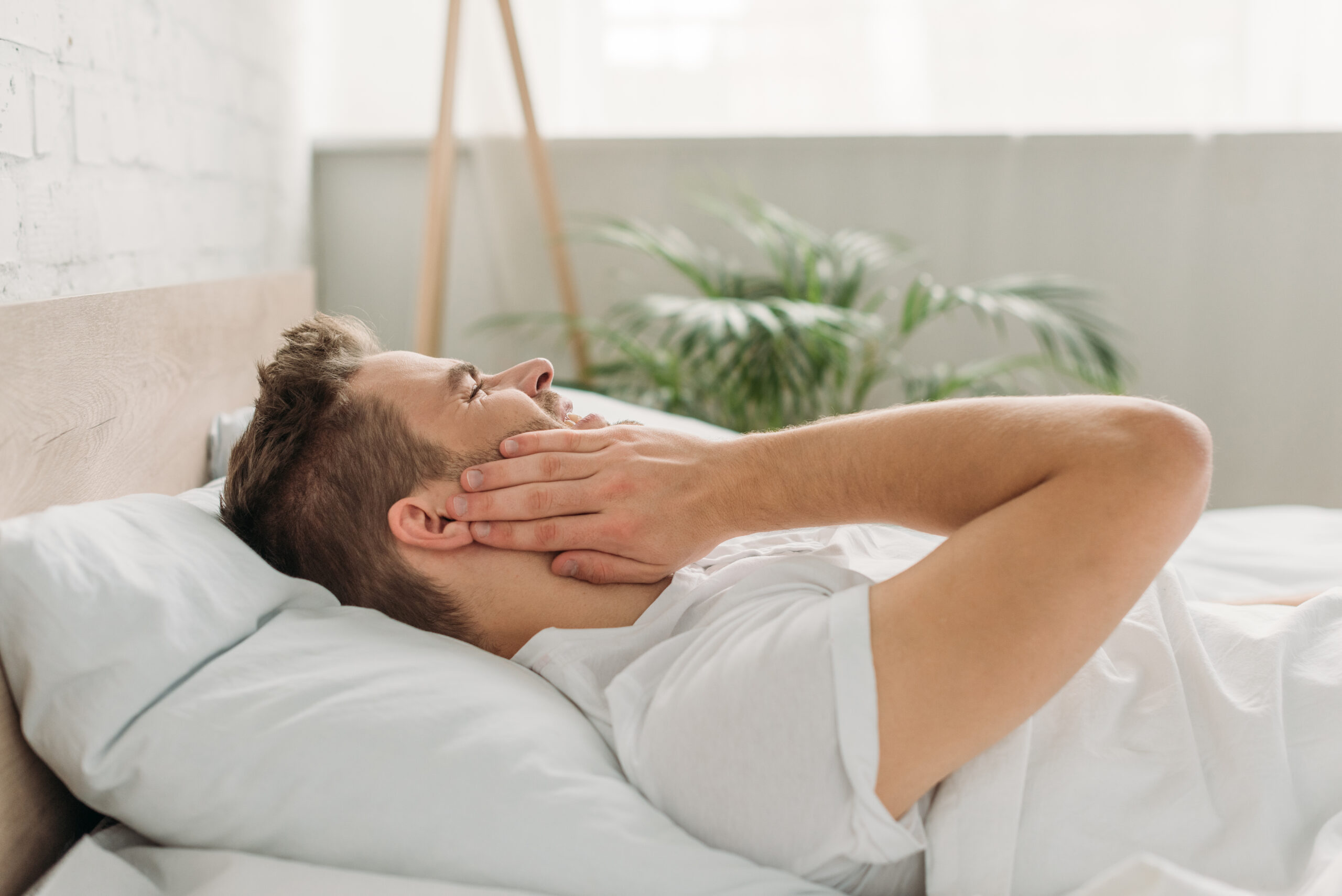
If left unchecked, teeth grinding can cause irreparable tooth damage and jaw pain. Since teeth grinding often occurs during sleep, symptoms may go unnoticed & untreated. Beyond that, the causes are complex & varied, so effective treatment requires a multifaceted approach. Learn how one dental hygienist gained control of this unconscious behavior to protect her teeth.
I often know when I am under a lot of stress, I will wake up with a headache usually coupled with jaw pain. That’s a telltale sign to let me know that I was grinding my teeth in my sleep. Teeth grinding also known as bruxism is a condition in which you grind, gnash, or clench your teeth.[1] You might unconsciously clench your teeth while awake (awake bruxism) or clench and grind them during your sleep (sleep bruxism).[1]
Sleep bruxism can be especially concerning as people who clench or grind their teeth during their sleep are more likely to have sleep disorders, such as snoring and pauses in their breathing (sleep apnea).[1]
Although doctors don’t completely understand what causes bruxism a combination of physical, psychological, and genetic factors seem to play a part in the prevalence of the disorder.(1) Common causes are attributed to anxiety, stress, anger, frustration, and feelings of overwhelm.[1][2]
Risk Factors:
- Increased stress and anxiety[2]
- Taking medications such as antidepressants.[2]
- Smoking tobacco, consuming high levels of alcohol or caffeine, or using recreational drugs.[1]
- It’s common for young children and teenagers while sleeping especially to grind their teeth until all their adult teeth have developed.[1]
- Individuals with medical disorders such as Parkinson’s, dementia, gastroesophageal reflux disorder (GERD), epilepsy, night terrors, sleep disorders, and ADHD have increased risk of bruxism.[1]
Signs and Symptoms of bruxism may include:
- Teeth grinding or clenching that wakes up a partner or is noticeable to others.[1]
- Pain in your jaw, neck, or shoulder.[1][2]
- Headache originating at temples.[1]
- An earache.[1][2]
- Sleep disruption.[1][2]
- Tooth pain or sensitivity.[1]
- Teeth that are flattened, loose, chipped, or have jagged edges.[1]
- Worn down enamel.[1]
- Tired jaw muscles or a jaw that has restrictive openings.[1]
- The inside of your cheeks show trauma from chewing the inside of your cheek.[1]
What can I do about grinding or clenching?
First it is important to try to get to the root of the problem. No pun intended! If your dentist suspects that you have bruxism they may try to determine what is causing it by asking you questions pertaining to your general health, medications you take, your daily routine, and your sleep habits.[1] During the dental examination the dentist may check for TMJ disorders and other dental concerns.[1]
If your bruxism seems to be related to a sleep disorder, the dentist might refer you to a sleep specialist who will conduct more tests, such as a sleep study.[1] If the issue seems related to anxiety or a psychological issue you might be referred to a licensed therapist or counselor to determine the next steps to assist you in managing the disorder with various anxiety management techniques.[1]
Your dentist might recommend a mouthguard that you would wear when you are most prone to grind your teeth. A mouthguard keeps your teeth separated to prevent you from clenching and grinding and further potentially damaging your teeth. The dentist might suggest that they make you a custom fit mouthguard that will be from with or hard acrylic, soft materials, or a combination of the two to fit over either your upper or lower teeth.[1] If your bruxism has caused significant damage and wear to your teeth, the dentist might recommend restorative treatment such as crowns to repair the damage.[1]
What if teeth grinding/clenching are left unchecked?
You can certainly choose to ignore your clenching or grinding disorder. It is not however recommended as overtime it can lead to jaw problems and damage your teeth causing your teeth to crack, loosen, or fall out.[3] You should schedule regular dental appointments so that your dentists can recognize early signs of teeth grinding instead of diagnosing the condition then it is significant.
In my case a combination of treatments helped. I started using a custom fit mouthguard that I wore at night while I was sleeping. I took a look at what was contributing to my bruxism, in my case it was work related stress that needed to be managed better. I started to use relaxation techniques to reduce my stress and found positive outlets to help in this endeavor. If you think that you are grinding or clenching your teeth or you have any of the above symptoms, speak with your dentist for treatment recommendations.[3]
References
- Mayo Clinic. Bruxism (teeth grinding). 2017, August 10. https://www.mayoclinic.org/diseases-conditions/bruxism/symptoms-causes/syc-20356095
- NHS. Teeth Grinding (bruxism). 2022, June 27. :www.nhs.uk/conditions/teeth-grinding/
- NIH news in Health. Taking on Teeth Riding and Clenching Halt Dental Damage and Jaw Pain. ://newsinhealth.nih.gov/2021/12/taking-teeth-grinding-clenching



